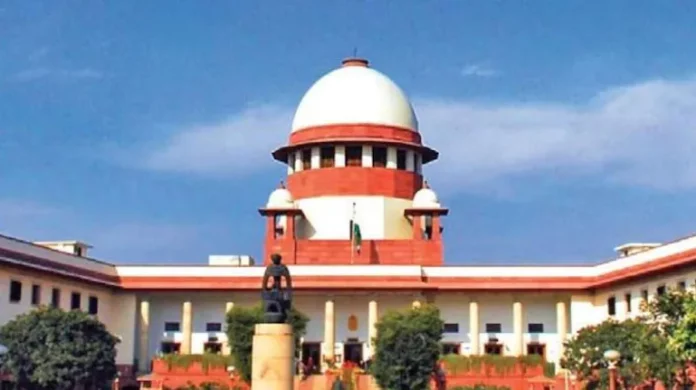Money Laundering Arrests Verdict: Backing the Enforcement Directorate with a significant decision, the Supreme Court dismissed almost all the objections raised against the investigating agency with regard to several powers, including the power to initiate investigation, the power to make arrests and others.
Money Laundering Arrests Verdict
The top court has upheld almost all the stringent provisions of the Prevention of Money Laundering Act (PMLA) in the proceedings of offence, search and seizure, power of arrest, attachment of properties and bail, which were challenged in the court. Section 19, which deals with the power to arrest, does not suffer from “cult of arbitrariness”, adding that Section 5 of the Act relating to attachment of property of those involved in money laundering is also constitutionally valid.
The court observed that money laundering not only affects the social and economic fabric of the nation but also promotes other heinous crimes like terrorism, offenses related to NDPS Act (The Narcotic Drugs and Psychotropic Substances Act) etc. It also promotes terrorism and is no less heinous, the court said, adding that it affects the social and economic fabric of the nation.
The petitioners had argued that the unconstitutional power to arrest an accused without grounds or evidence of arrest is unconstitutional. He further said that the ED has threatened to impose fine for concealing information under the threat of recording objectionable statement of one of the accused during interrogation.
Supreme Court dismissed almost all the objections raised against the ED
The top court, while dismissing the petitioners’ challenge, said that while it is tantamount to an FIR and the accused is entitled to a copy, the supply of ECIR (Enforcement Case Information Report) copy is not mandatory in every case as it is an internal document. ECIR. It is sufficient if the Enforcement Directorate discloses the grounds for such arrest at the time of arrest, it said.
The petitioners said that the burden of proof on the accused is violative of fundamental rights like right to equality and right to life. The Centre, represented by Solicitor General Tushar Mehta, responded by saying that due to the serious nature of money laundering offenses and the societal need to check it, it is appropriate to put the burden of proof on the accused.
Another major challenge, that it is unconstitutional to file PMLA charges on cases that happened before 2002 (when PMLA came into existence), was also turned down. The Center justified this by saying that money laundering is a continuing crime, and not an act but a chain. The proceeds of the offense could have originated before 2002 but could have been in the possession or use of the accused even after 2002.
ED’s ‘money laundering’ raids are 26 times higher under the Modi government, but the conviction rate is lower. The Finance Ministry had told the Rajya Sabha that during the last 8 years of 3010 ‘money laundering’ searches, only 23 accused have been convicted. It said that no money laundering case was detected in 112 searches between 2004-14.
The finance ministry said that between 2014 and 2022, ₹99,356 crore of ‘crime proceeds’ were attached, while between 2004 and 2014, an amount of ₹5,346 crore was attached. While there were 888 prosecution complaints under the Modi government, there were just 104 between 2004 and 2014, arguing that the increased searches reflect the government’s commitment to preventing money laundering.
The top court had earlier reserved its order on petitions challenging certain provisions of the Prevention of Money Laundering Act (PMLA). The petitioners include politician Karti Chidambaram and former Jammu and Kashmir Chief Minister Mehbooba Mufti, among others.
The Center had upheld the constitutional validity of the provisions of the PMLA. The Center had defended the amendments to the PMLA, saying that money laundering is not only a threat to financial systems but also to the integrity and sovereignty of nations, as money laundering is not only by corrupt businessmen like Vijay Mallya or Nirav Modi but also by terrorist groups. Is performed.













